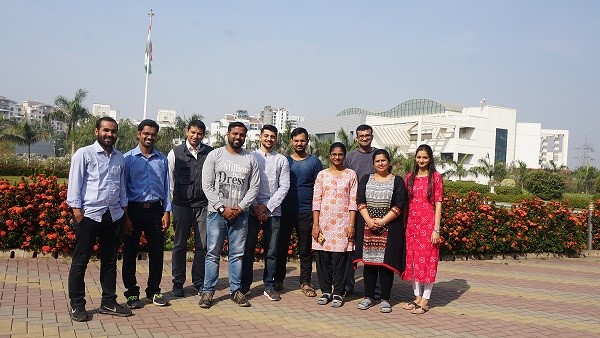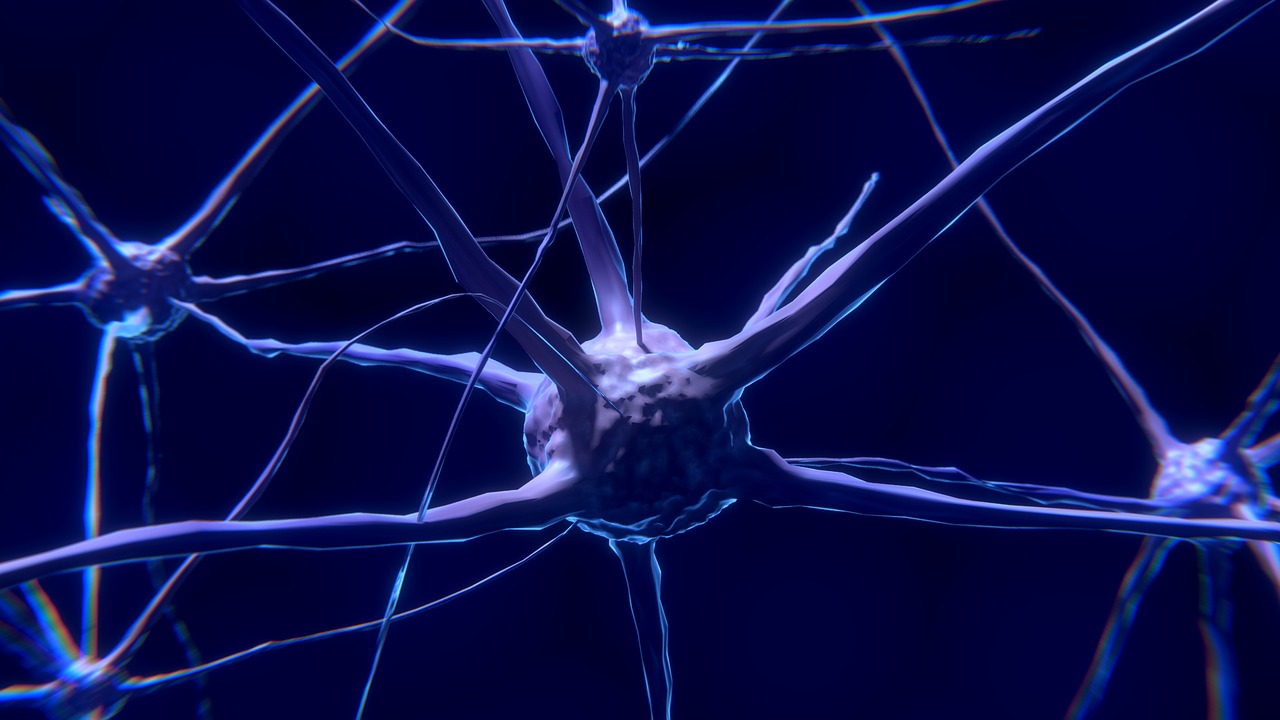Indian scientists have found a new function of a gene which is already known to play a role in neurological disorders.

Scientists at the Indian Institute of Science Education and Research (IISER) Pune have found that the gene, ABHD12, is involved in mitigating oxidative stress-induced cell death in brain cells by breaking down the oxidized state of a lipid, phosphatidylserine, found in the cell membrane.
Given the known function of this gene in neurological disorders, the new finding indicates plausible connections between oxidative stress and neurological disorders, according to results published in journal Nature Chemical Biology.
A cell has a finite lifetime and it is driven to death when there is an overproduction of reactive oxygen species (ROS) leading to oxidative stress. ROS is a byproduct of the functioning of mitochondria – a powerhouse of the cell. ROS damages lipid membranes or boundary of the cell, DNA as well as proteins of the cell.
Earlier studies have shown that phosphatidylserine, a class of lipids found in the cell membrane, when oxidized by ROS, flip their direction from inner of the cell to the outside which triggers cell death.
IISER study has revealed that ABHD12, a gene encoding serine hydrolase lipase, can breakdown the oxidized form of lipid phosphatidylserine, preventing the cell from death.
“Mutation in ABHD12 results in a human neurological disorder called PHARC (an acronym for polyneuropathy, hearing loss, ataxia, retinitis pigmentosa and cataract). Our findings will enable the study of PHARC, the progression of disease pathology and possibly develop new therapeutic interventions towards the treatment of this early onset disorder,” said Dr. Siddhesh Kamat, leader of the research team, while talking to India Science Wire.
For this study, scientists first synthesized a chemical moiety which could release ROS in cultured mammalian cells, thus mimicking oxidative stress environment in the cell. After administering this ROS stress, scientists measured oxidized PS levels.
To get lipase enzyme that metabolizes the oxidized PS, scientists used various lipase inhibitors and found that three inhibitors whose application increases the oxidized PS in the cell. Proteome analysis helped researchers conclude that a lipase encoded by the gene ABHD12 mitigates cell death by breaking down oxidized PS.
The research team led by Dr. Siddhesh Kamat included Dhanashree S. Kelkar, Neelay Mehendale, Shubham Singh and Alaumy Joshi , Amol Mhetre, Abinaya Rajendran, Govindan Ravikumar, Ajay Kumar Sharma and Harinath Chakrapani. (India Science Wire)
Journal Article
A chemical-genetic screen identifies ABHD12 as an oxidized-phosphatidylserine lipase.
If you liked this article, then please subscribe to our YouTube Channel for the latest Science & Tech news. You can also find us on Twitter & Facebook.



